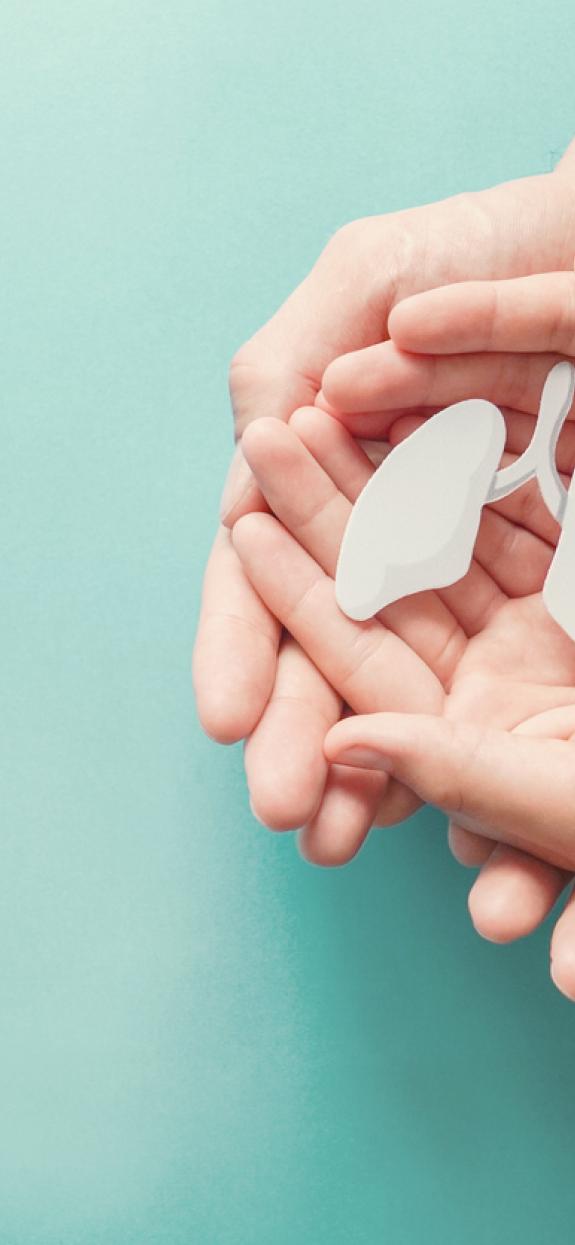Organ and tissue donation in Canada
In most provinces, people must register their decision about organ and tissue donation with their provincial organ and tissue donor registry. However, in January 2021, Nova Scotia became the first jurisdiction in North America to adopt a “deemed consent or opt-out model.
Here are some key things you need to know:
- Nova Scotians will still have a choice if they want to be an organ donor or not when you die
- They can choose to opt in or opt out by recording a decision on the their provincial registry
- A potential donor’s family will still be consulted about organ donation and that’s why it’s important for families to have talked about donation.
- Any questions about the process will be addressed, including how faith, beliefs or culture will be respected
- No matter where you live, whatever you decide, tell your family and friends to help ensure your decision is honoured
For Families
How to talk about organ donation: The “Kitchen Table Talk”
Children are curious and inquisitive. Asking questions is how they learn. If your child asks about organ donation or transplantation, answer questions as simply and honestly as you can. Take your time to gather information and answer honestly.
Many families find it difficult to talk about organ donation together, but science tells us that young children can participate in these conversations and actually initiate and encourage important family discussions.
In Canada, family members are asked to make the decisions about organ donation at the end-of-life. Knowing how your family member felt and what they wanted can make these painful decisions simpler. Unfortunately, most Canadians have not had this conversation with their families. A family discussion in a safe, comfortable place can be the best way for everyone to share their ideas and wishes and learn together.
So, have the ‘Kitchen Table Talk’ as a family. Together.
Facts about organ and tissue donation
Facts about deceased organ donation
- Only 1–2% of people who die can be considered for organ donation.
- Most people can be considered for tissue donation.
- Organ and tissue donation are considered only after all lifesaving efforts have failed and it is certain a patient will not survive.
- There is no cost to your family or estate if you donate organs or tissues.
- Most of the time, there is no way to tell that the person was an organ or tissue donor and you can have an open casket funeral.
- The surgery to remove organs and tissues is done with the same care as any other surgery.
Did you know?
Don't rule yourself out
Anyone can be a potential donor regardless of age, medical condition or sexual orientation. Even individuals with serious illnesses may sometimes be donors. All potential donors are evaluated on an individual, medical, case-by-case basis. The oldest Canadian organ donor was 92 and the oldest tissue donor was 104. Don’t rule yourself out.
Living Donation
Living donation may be possible following a thorough assessment process. Living donation options include donation of a kidney, part of the liver or part of a lung.
Tissue donation
Tissue donation is possible for nearly everyone, even when organ donation is not possible.
Religion
Most religions support organ and tissue donation as an act of life saving. If you are unsure, talk to your spiritual advisor.


